Certificate of Attendence
Available in the participante area


One line registration
Starts August/2017
Abstract submission
Ends by 31/01/2018
Abstracts acceptance
After 15/03/2018
Early registration
Ends by 15/04/2018
Regular registration
Ends by 12/05/2018
Cancelation and refund
Ends by 12/05/2018
The consolidation of Brazil as a nation and the transformation of Brazilian agriculture are closely related. Since its discovery, the country has agriculture as the main base of its economy and development. This relationship was established with incentive policies, with science and technology, promoting a shift from the condition of an aid-dependent country to one capable of feeding its own citizens in the 1960´s and becoming one of the largest grain exporters in the world. In 2017, grain production will reach the milestone of 240 million tons, produced on little more than 56 million hectares, having a market sales value of $ 150 billion, which is 40% of the country's export sector. Commercial agriculture is responsible for this result; family farming produces 40% of the domestic food supplies.
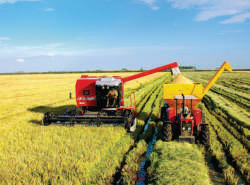 |
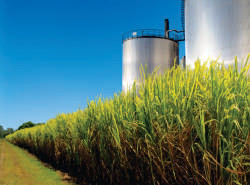 |
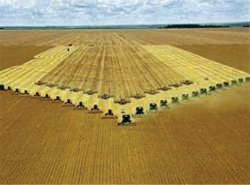 |
Brazilian agriculture systems is strongly based on renewable energy sources, thus the emissions of greenhouse gases are at much lower rates than other countries with a more developed agriculture. The advance into native forests for agriculture and pasture areas has decreased in recent years. However, in view of the growing number of consumers and newer demands for food quality, plus the possibility of impacts due to climate changes and limitation of resources, a new transformation of Brazilian agriculture will be necessary. Again, science and technological innovation will play an important role for sustainable intensification, imperative for society and the environment.
Dear participants of the 21th WCSS,
We are sharing the images taken at the Convention Center to remind you of the great time we had during the event.
Our best and thanks again to all that helped to make this a special moment.
To see the photos, please visit:

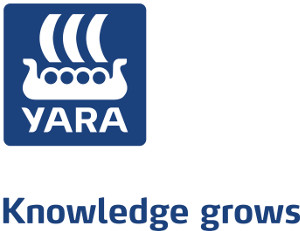



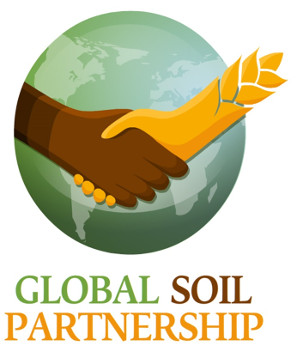
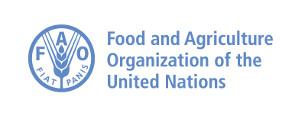
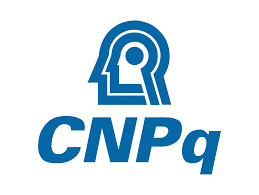
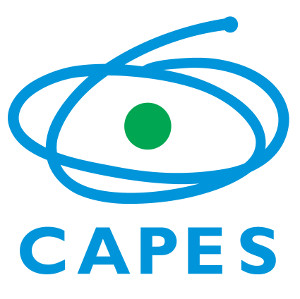
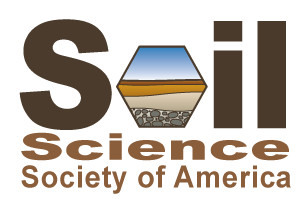
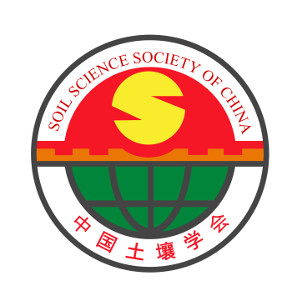
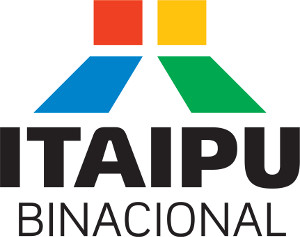


Além Mar/ Li-Cor
British Society of Soil Science
Copernicus
DFG- Deutsche Forschungsgemeinschaft
Euro Soil
InterMag
Livraria UFV
Marconi
Neobio e Microanalysis
Spectral
Tecnal
Tourism Toronto
Umwelt-Geräte-Technik GmbH
AMS, Inc.
Astro 34
CSIRO Publishing
Elsevier
European Commission
Gasmet
Jacto
MIDI
Ralco
Sentek
Soilmoisture Equipments
Springer
© 2017 21st WCSS - All rights reserved
Sociedade Brasileira de Ciência do Solo (SBCS)
Departamento de Solos - Edifício Sílvio Brandão, s/n
Cx.P. 231 - Campus da UFV CEP 36570-900 - Viçosa-MG
Fone: +55 31 3899-2471 - sbcs@sbcs.org.br; www.sbcs.org.br